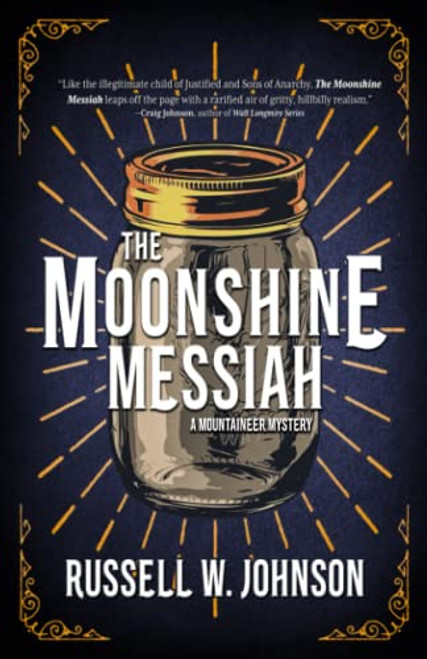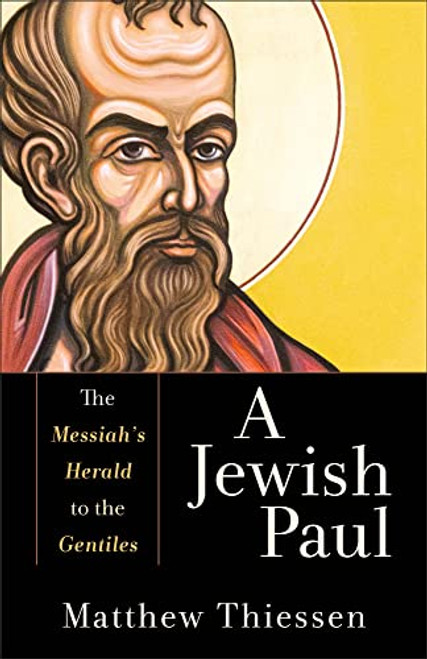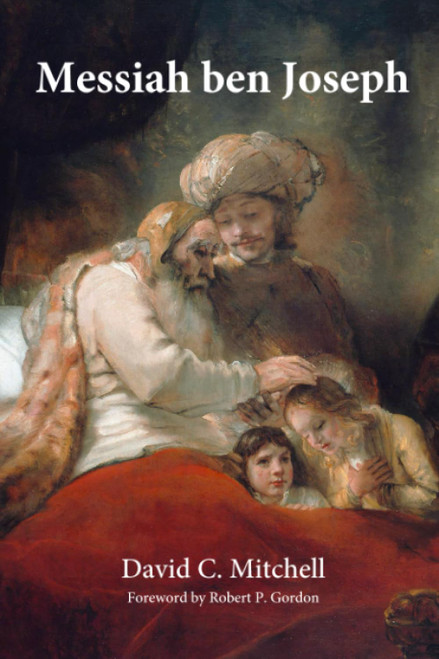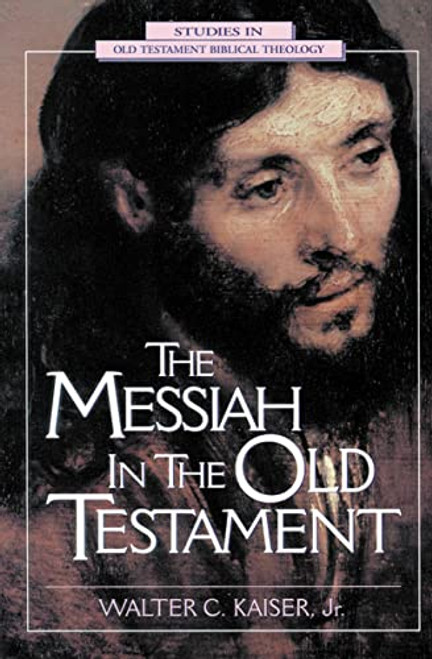Messiah ben Joseph, the slain Galilean messiah of the rabbis, is the most enigmatic figure in Rabbinic Judaism and a key topic in Jewish-Christian debate. A deeper understanding of him has profound implications for all who love the Bible. This book is the largest ever written about him, and the first ever in English. It proposes that he is not a rabbinic invention at all, but that his origins lie in the oldest strata of the Bible. We follow him from his origins in the book of Genesis, through the Pentateuch, the Prophets, the Psalms, the Pseudepigrapha, the Dead Sea Scrolls, the Targums, the New Testament and Church Fathers, the Talmud, the homiletic, exegetic, and apocalyptic midrashim, the Zohar, and the medieval rabbis, down to modern times. This immensely valuable monograph by David Mitchell offers a comprehensive account of Messiah ben Joseph from biblical times right through to the early modern period. Mitchell presents his case with great clarity and conviction. For that reason alone the volume is highly valuable, but also for its compendium and commentary contributions that will make it easier for Mitchells readers to engage with him as an undoubted authority on this fascinating topic. Professor Robert Gordon, Emeritus Regius Professor of Hebrew, University of Cambridge David Mitchell demonstrates that the Messiah ben Josephwho dies before the appearance of the conquering, nationalistic Messiah ben Davidis a product not of the first centuries C.E. but of earliest Judaic messianic thinking. Mitchell convincingly details Messiah ben Josephs emergence as early as the Pentateuch, and for the first time presents every relevant text, from the Psalms and Prophets, through the Babylonian Talmud, and including medieval Jewish writings. Critically acute and authoritative, this study is essential to any future evaluation of the foundations of Jewish and Christian messianic thinking. Alan Avery-Peck, Kraft-Hiatt Professor of Judaic Studies The College of the Holy Cross, Worcester, MA You're going to learn about some trajectories here that I guarantee you've never heard before. I think this is a fair statement: When you hit something like this, it's one of those wake-up calls. Why is this not taught? This is an area of scholarship that is deeply-neglected. It will help you address the charge that the New Testament is fundamentally disconnected from the Old. When I came across this book I had one of these moments, like "How did we miss this?" And "Why did we miss this?" Was it an accident or was it intentional? I recommend you buy this book. Dr Michael S. Heiser. Author, The Unseen Realm. Mitchell's book is a landmark work in many ways, and he is to be commended for producing the most comprehensive collection and discussion of texts on Messiah ben Joseph in any language to date. His thesis that the concept of Messiah ben Joseph was derived directly from the biblical texts (as opposed to, e.g, a response to the failed revolt of Bar Kochba) demands attention. At the same time, Mitchell challenges us to look afresh at Deut. 33:17, among others that point to the importance of Joseph, while reexamining rabbinic interpretation of these texts. So, overall, a very important volume, now to be read side by side with Martha Himmelfarb's just published Jewish Messiahs in a Christian Empire, which offers a different understanding of some of the key texts. Dr Michael L. Brown Talk Show Host Some scholars believe the tradition of the suffering Messiah was a Jewish reaction to Bar Kochba's failed uprising in AD 132-135. But Mitchell shows that the thought was already considerably older. The Dead Sea Scrolls and the pseudepigrapha are discussed in detail. The author sees pointers even in the first books of the Bible. Mitchell defends his case well. Prof. Dr M.-J. Paul Evangelische Theologische Faculteit, Leuven.
Messiah ben Joseph
SLOWJOY
MSRP:
Was:
Now:
$26.72 - $30.39
(You save
)
- SKU:
- UPC:
- 9781916619104
- Maximum Purchase:
- 2 units
- Binding:
- Paperback
- Publication Date:
- 5/30/2016
- Author:
- Mitchell, David C.
- Language:
- English: Published; English: Original Language; English
- Pages:
- 334

The Moonshine Messiah: A Mountaineer Mystery
MSRP:
Was:
Now:
$20.33 - $24.37

Dune Messiah: Deluxe Edition
MSRP:
Was:
Now:
$56.84 - $64.20

Jewish Paul: The Messiahs Herald to the Gentiles
MSRP:
Was:
Now:
$25.08 - $29.46
!







